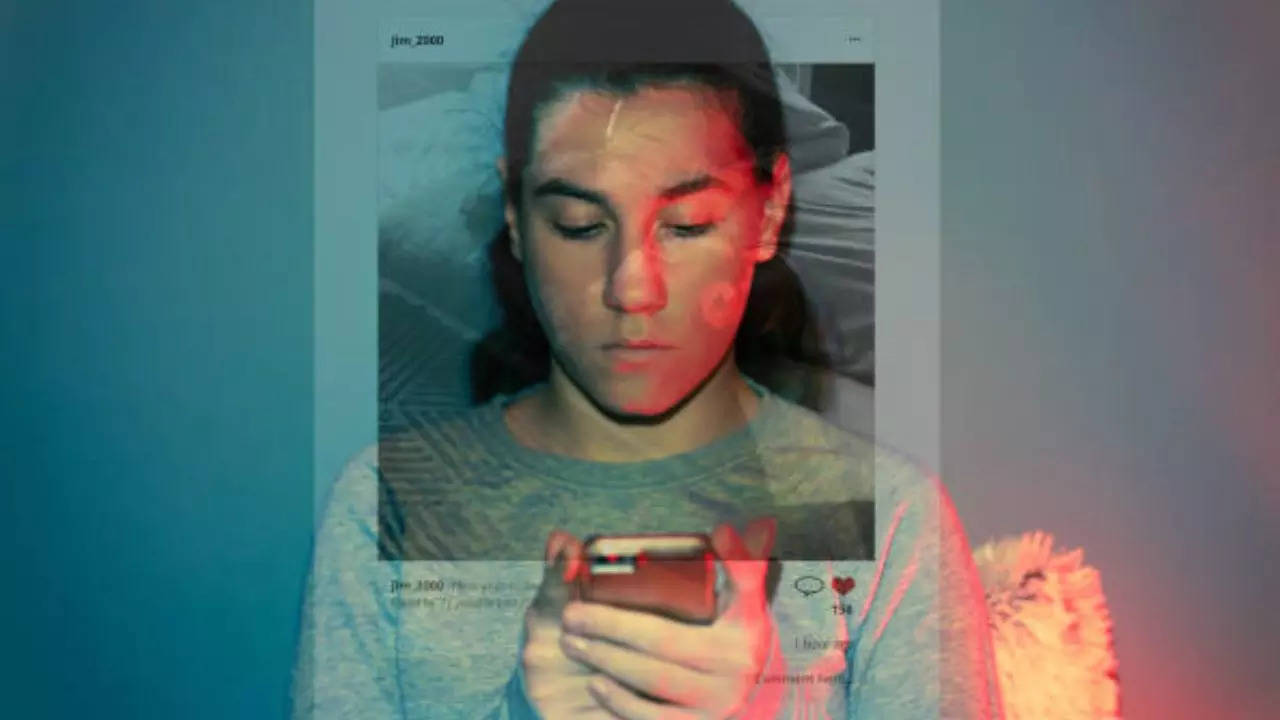-
news
-
Health
-
mental health
You are what you scroll through: How negative online content impacts your mental health
A UCL study published in Nature Human Behavior reveals a bidirectional relationship between mental health and online browsing habits. People experiencing poor mental health are more likely to consume negative content, which worsens their mood and creates a vicious cycle.

You are what you scroll through: How negative online content impacts your mental health (Image credit: iStock)
As the saying goes, you are what you eat. In today’s digital age, this adage applies to the content we consume online. The type of media we engage with can have a significant impact on us mental healthA study by UCL researchers, published in Nature Human Behaviour, highlights the bi-directional relationship between Mental health and online browsing Habits, explains how exposure to negative content can perpetuate the cycle of emotional distress.
The link between negative content and mental health
The study analyzed the web-browsing patterns of more than 1,000 participants, focusing on the emotional tone of the web pages they viewed. Participants also described their current mental health concerns and mood. The findings uncovered a troubling pattern: People with worse mental health symptoms were more likely to seek out and engage with negative content, which, in turn, worsened their mood.
This creates a feedback loop – exposure to negative content increases emotional distress, which leads to more consumption of such content, which further increases mental health challenges. Professor Tali Sharot, co-lead author of the study, said: “Our results show that browsing negatively valenced content not only reflects a person’s mood but can also actively worsen it. This is a feedback loop. creates which can perpetuate mental health challenges over time.”
Breaking the cycle: ingredient labeling
To counteract this harmful cycle, researchers proposed an innovative solution: ingredient labels. Like nutrition labels on food, these labels provide information on the potential impact of a webpage on mood, functionality, and informativeness. The tool enables users to make informed choices about the content they consume, potentially reducing the impact of negative content on mental health.
How to protect your mental health while browsing
Engaging with negative content is sometimes unavoidable, but there are some steps you can take to maintain a healthy balance:
– Set limits: Limit your screen time and assign specific periods of time for online browsing. Avoid scrolling late at night, which can disrupt your sleep and increase anxiety.
– Curate your feed: Follow positive and uplifting accounts on social media. To reduce exposure, unfollow or mute sources of negativity, even if temporarily.
– Practice mindfulness: Be aware of your emotional state while browsing. If you notice a shift toward negativity, take a break or switch to lighter, uplifting content.
– Diversify your activities: Balance online browsing with offline hobbies like reading, exercising or spending time with loved ones.
– Seek professional help: If online content consistently brings down your mood, consider seeking guidance from a mental health professional.
– Use tools to monitor content: Take advantage of browser extensions or apps designed to filter or label content based on its emotional tone.
Get the latest news live on Times Now with breaking news and top headlines on mental health, wellness and more from around the world.
mental health


